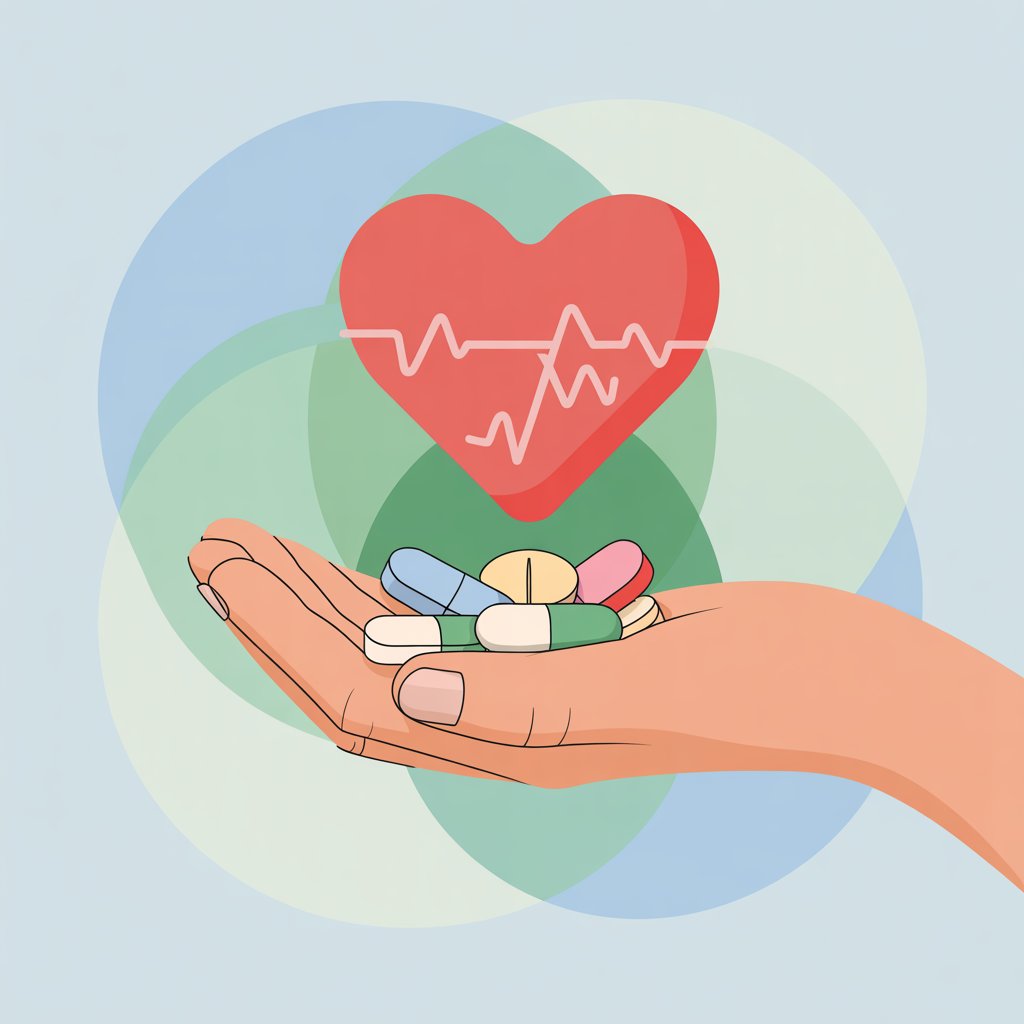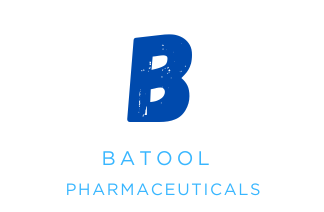
Medicine is basically any substance that is used to heal, protect, and resume the body’s strength. Medicine plays an important role in maintaining the life balance; hence it has a vast history of discovery, development, research, mechanisms, etc. This article acknowledges the importance of medicine, its history, the emergence of the field of pharmacology, and its impact on society.
Before the synthesis and advancement of higher technologies occur back in the early history, plants were used as a medicine, and many ancient civilizations worked in their own way to produce medicines These civilizations include Greek civilizations, Egyptians, and Indians. Their methodology of treatment gives a large amount of preliminary knowledge to the field of medicine.
- Ancient Medicine: In Egyptian civilizations, many herbal medicines were discovered from the scrolls, and also when scientists cast research on mummies, they understood that the process of preservation was conducted by many plants that are highly used in food nowadays, such as cumin, turmeric, salt, sunflower oil, and many edibles that were back then also used as medicinal plants. In Greek civilization, Hippocrates (the Father of medicine) debunked the myth by taking an oath that disease is not the curse of God but the discomfort arises from within the body. He proved it by treating several diseases himself.
- Medieval and Renaissance Medicine: During the Middle Ages, medicines were highly influenced by religious beliefs. In that era, Arabs preserved the knowledge of medicine and passed it on to the Greeks, which was eventually used by Roman civilization. Andreas Vesalius is a great scientist who conducted great research by conducting detailed dissections of the human body.
- Modern Medicine: The 19th and 20th centuries marked rapid developments. The two great scientists Louis Pasteur and Alexander Fleming made remarkable discoveries, e.g bacteria and fungi (penicillin). Later on, a number of developments were made to use them as medicine, and the results were remarkable. Nowadays, following the path of these two scientists, vast fields of research and development have emerged, and we can see a lot of improvement in today’s medicinal industry.
Branches of Medicine
Following are the branches of the medicine, which tells us various aspects of medicine, health, diseases, etc.
- Internal Medicine
The medicines that are used to treat and diagnose the internal organs are called internal medicine. These medicines are used to treat cardiac diseases, endocrinology, GIT diseases, etc.
- Surgery
Surgery is a set of procedures to remove any obstruction within the body, for example, the removal of cancerous tumors and stones in the gallbladder and kidney, etc. It also involves the enhancement of the body, such as the insertion of Botox in the skin and also PR procedures and nose jobs, etc. This enhancement usually scene in dermatological fields, etc.
Pediatrics is a profession that focuses on the health treatment and proper growth of an infant, child, and adolescent. It includes surgeries and medical procedures that are associated with a child’s health.
- Obstetrics and Gynecology (OB/GYN)
This branch deals with women’s reproductive health, pregnancy, and childbirth. Obstetricians manage prenatal care and delivery, while gynecologists are the doctors that take care of the female reproductive system; it deals with pregnancy and menstrual problems such as PCOS and PCODs, etc.
- Psychiatry and Psychology
Psychiatry focuses on diagnosing and treating mental health disorders and also includes therapy for the survival of long-abused patients such as depression, anxiety, and schizophrenia. Psychologists provide counseling, therapy and behavior related disorders such as ADHD etc.
- Dermatology
Dermatology deals with skin, hair, and nail conditions. Dermatologists treat acne, eczema, and skin infections and perform cosmetic procedures like laser treatments.
- Ophthalmology and Optometry
Ophthalmology involves diagnosing and treating eye diseases, performing eye surgeries, and prescribing glasses or contact lenses. Optometrists deal with the fixing of eyesight and rectify the blurry image; in other words, they are assistants of the ophthalmologists.
- Oncology
Oncology is the field in which we study cancer, its mode of action, preventions, etc. It also includes the long and tiring procedures of chemotherapy and all the surgeries that include the treatment of cancer.
- Neurology
Neurology focuses on disorders of the nervous system, or, in other words, all brain-related issues are discussed under this branch. It includes conditions like epilepsy, multiple sclerosis, and Alzheimer’s disease.
- Emergency Medicine
Emergency medicine physicians handle acute medical conditions and life-threatening emergencies. The medicines that are used to provide instant relief are called emergency medicines, such as TPA is given instantly to the heart attack patient.
The Role of Medicine in Society
Medicine has a large impact on society; it reduces the rate of death and increases the life expectancy. In the era of World Wars I and II, the discovery of new healing substances did wonders in the world, such as penicillin (like, obviously). Following are the changes that medicine brings to society:
- Disease Prevention: It includes each and every safety measure taken to avoid disease. whenever any sanitary product for women is launched, there isa campaign which revolve around that certain product
- Advancements in Treatment: Modern treatments play a major role in the prevention of chronic effects of diseases like diabetes, hypertension, and cancer and have improved patient outcomes.
- Medical Technology: Innovations like MRI scans, robotic surgeries, and gene therapy are revolutionizing healthcare new X-ray techniques, CT scans etc.
- Mental Health Awareness: Increased focus on mental health has led to better diagnosis and treatment of psychological conditions. It includes awareness campaigns.
- Global Health Improvements: Medicine has played a crucial role in eradicating diseases like smallpox and significantly reducing polio cases worldwide.
Modern Advancements in Medicine
The field of medicine is getting vast due to the emergence of new technologies. There are a number of different fields in medicine, as discussed below:
- Telemedicine
Telemedicine allows patients to consult doctors remotely through video calls and online platforms, making healthcare more accessible, especially in rural areas.
- Personalized Medicine
With advancements in genetics, doctors can now tailor treatments based on an individual’s DNA, leading to more effective and targeted therapies.
- Artificial Intelligence (AI) in Healthcare
AI is being used for diagnosing diseases, analyzing medical data, and even assisting in robotic surgeries.
- Regenerative Medicine
Stem cell therapy and tissue engineering are paving the way for regenerating damaged organs and treating conditions like Parkinson’s disease and spinal cord injuries.
- Immunotherapy for Cancer
Immunotherapy uses the body’s immune system to fight cancer, offering new hope for patients with previously untreatable cancers.
Ethical Considerations in Medicine
While medicine continues to advance, it also raises ethical concerns, such as
- Medical Ethics: Doctors must adhere to ethical principles like patient confidentiality, informed consent, and non-maleficence (do no harm).
- End-of-Life Decisions: Debates around euthanasia and palliative care highlight the ethical dilemmas in medicine.
- Genetic Engineering: The use of CRISPR technology to edit genes brings ethical questions regarding human genetic modification.
- Access to Healthcare: Ensuring that medical care is affordable and accessible to all remains a significant challenge.
The Future of Medicine
The future of medicine looks promising, with continued research and technological innovations. Some expected developments include:
- Cures for Chronic Diseases: Ongoing research may lead to breakthroughs in curing conditions like Alzheimer’s, diabetes, and heart disease.
- Advanced Robotics in Surgery: Robots are expected to play a more significant role in performing precise and minimally invasive surgeries.
- Nanomedicine: The use of nanotechnology in medicine could revolutionize drug delivery, allowing for targeted treatments at the cellular level.
- 3D-Printed Organs: Scientists are working on 3D printing organs using human cells, which could eliminate the need for organ transplants in the future.
Conclusion
Medicine is a very vast and ever-growing field, which always holds a space for wonders As a pharmaceutical chemist, it is my personal experience, and moreover, the history of the establishment of this field from herbs to genetic therapy, the progress is remarkable. As the technology advances, hence the enhancement of this field is promising. From the day of discovery till nowadays, this field brings improvement in the quality of life, and more wonder can be extracted out of it.
